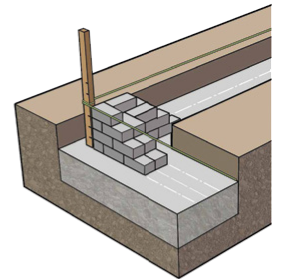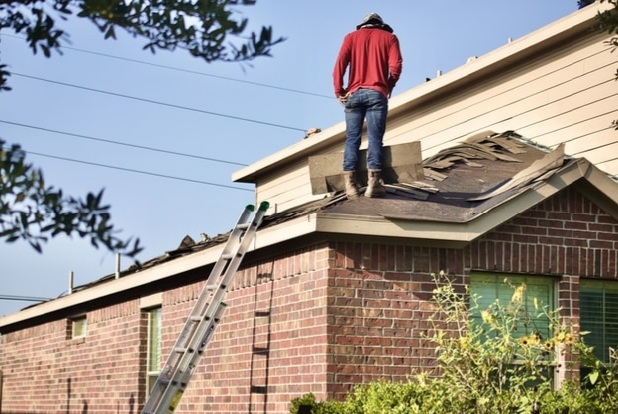Having a deposit when buying a house provides several advantages, both financially and in terms of the buying process:
1. Lower Loan Amount: A deposit reduces the amount you need to borrow, which can lower monthly repayments and save you money on interest over the life of the loan.
2. Better Interest Rates: Lenders often offer better interest rates to buyers with larger deposits, as they are considered lower-risk borrowers.
3. Increased Buying Power: With a deposit, you might qualify for a higher loan amount, allowing you to consider properties in a higher price range.
4. Avoiding or Reducing Mortgage Insurance: In many countries, such as the UK or Australia, a larger deposit (e.g., 20% or more) can help you avoid paying Lender’s Mortgage Insurance (LMI) or similar fees.
5. Stronger Offer to Sellers: A deposit shows sellers that you are financially prepared and serious about purchasing, making your offer more appealing in competitive markets.
6. Building Equity Immediately: A deposit gives you an initial stake in the property, starting your journey toward building equity right away.
7. Buffer Against Market Fluctuations: A larger deposit reduces the risk of falling into negative equity (owing more than the property is worth) if property prices decline.
8. Fewer Financial Strains: A larger deposit provides greater financial stability and flexibility for other expenses or emergencies after the purchase.
In short, having a deposit not only improves your chances of securing a mortgage but also ensures better financial health and flexibility as a homeowner.













